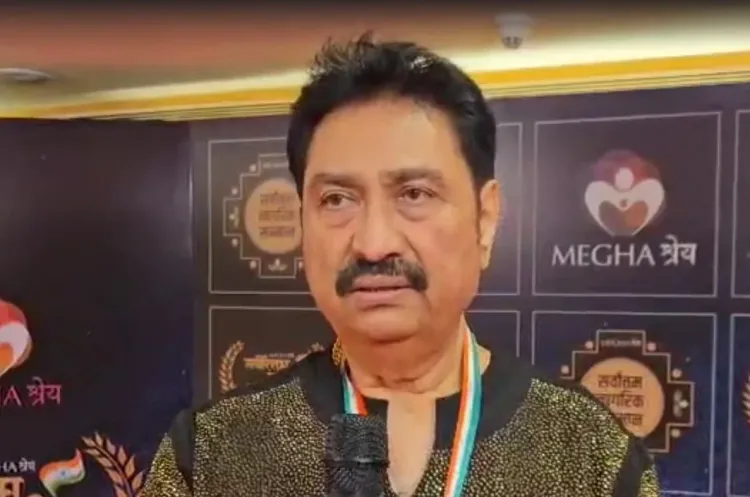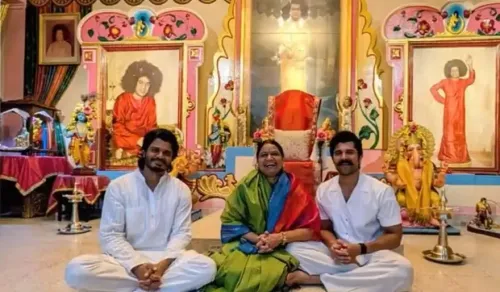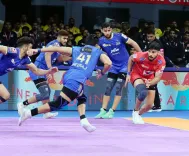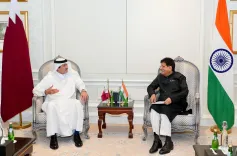Should Language Barriers Limit Professional Opportunities? Singer Kumar Sanu Weighs In

Synopsis
Key Takeaways
- Kumar Sanu emphasizes talent over language in careers.
- Freedom to work across linguistic boundaries is vital.
- Controversies like Sonu Nigam's highlight ongoing linguistic tensions.
- Government policies can impact language dynamics in education.
- The national dialogue on language and identity is evolving.
Mumbai, Aug 7 (NationPress) The legendary playback artist Kumar Sanu has entered the ongoing discourse surrounding language, asserting that talent and flexibility should take precedence over language skills in the realm of career prospects.
In an exclusive interview with IANS, Sanu expressed his views on the language debate, stating that individuals should enjoy the freedom to work throughout the nation, irrespective of linguistic backgrounds. He noted that the ability to learn a language hinges on personal interest and aptitude, and should not serve as an obstacle to career advancements.
He commented, “I don’t want to delve into the language issue. Our country has a national language. Everyone should have the right to work anywhere. Whether language is necessary depends on the individual's quality... how well they grasp it. It’s about their speaking ability. I think that’s acceptable.”
As discussions on linguistic freedoms heat up, the renowned playback singer Sonu Nigam found himself at the center of a controversy after a video from his concert in Bengaluru went viral. The incident occurred when he refused a fan's request to perform a Kannada song, citing the inappropriate nature of the request.
Nigam further ignited the debate by likening the situation to the Pahalgam terror attack in Jammu and Kashmir, which drew severe backlash. His remarks triggered outrage among the Kannada-speaking populace, prompting a pro-Kannada organization to lodge a formal complaint, accusing him of inciting linguistic tensions. The incident intensified the national dialogue regarding language and regional identity.
In December of last year, acclaimed Bengali singer Iman Chakraborty also stirred an online conversation following a viral video from her concert in Rajarhat, West Bengal, where she confronted an audience member advocating for a ban on Bengali songs.
In April, the Maharashtra government mandated Hindi as a compulsory third language in public primary schools, alongside Marathi and English, in alignment with the national three-language policy. This decision sparked mixed reactions, particularly from those wary of linguistic imposition.
Additionally, videos surfaced on social media showing Maharashtra Navnirman Sena (MNS) activists targeting non-Marathi speakers, further contributing to the unrest.









